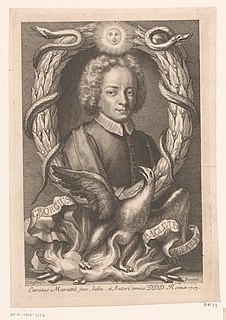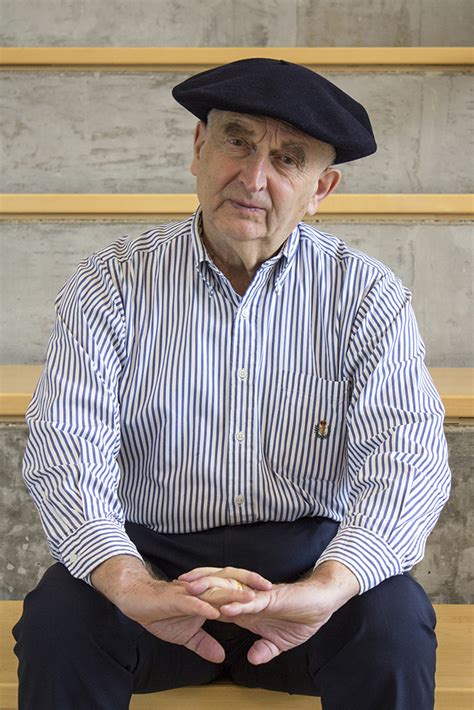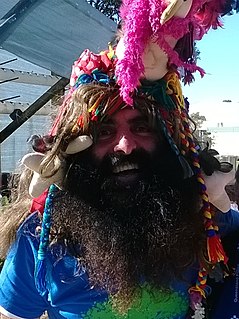A Quote by Rudolf Steiner
Intuition is for thinking what observation is for perception. Intuition and observation are the sources of our knowledge.
Quote Topics
Related Quotes
When you're an actress you are in a very specific position, cerebrally, I would think you know. You are a thinking person but you are in a certain perception of the world between really being conceptual and completely stupid. So you are in between, with a lot of intuition and instinct. And that's not completely being intellectual because I think intuition is more blurred. It comes from intuition. Instinct. More than really reasoning.
It is not rational to assume, without evidence, that rationality can disclose everything about the world, just because it can disclose some things. Our intuition in favour of rationality, where we are inclined to use it, is just that - an intuition. Reason is founded in intuition and ends in intuition, like a pair of massive bookends.
Leaders trust their guts. "Intuition" is one of those good words that has gotten a bad rap. For some reason, intuition has become a "soft" notion. Garbage! Intuition is the new physics. It's an Einsteinian, seven-sense, practical way to make tough decisions. Bottom line, circa 2001 to 2010: The crazier the times are, the more important it is for leaders to develop and to trust their intuition.









































